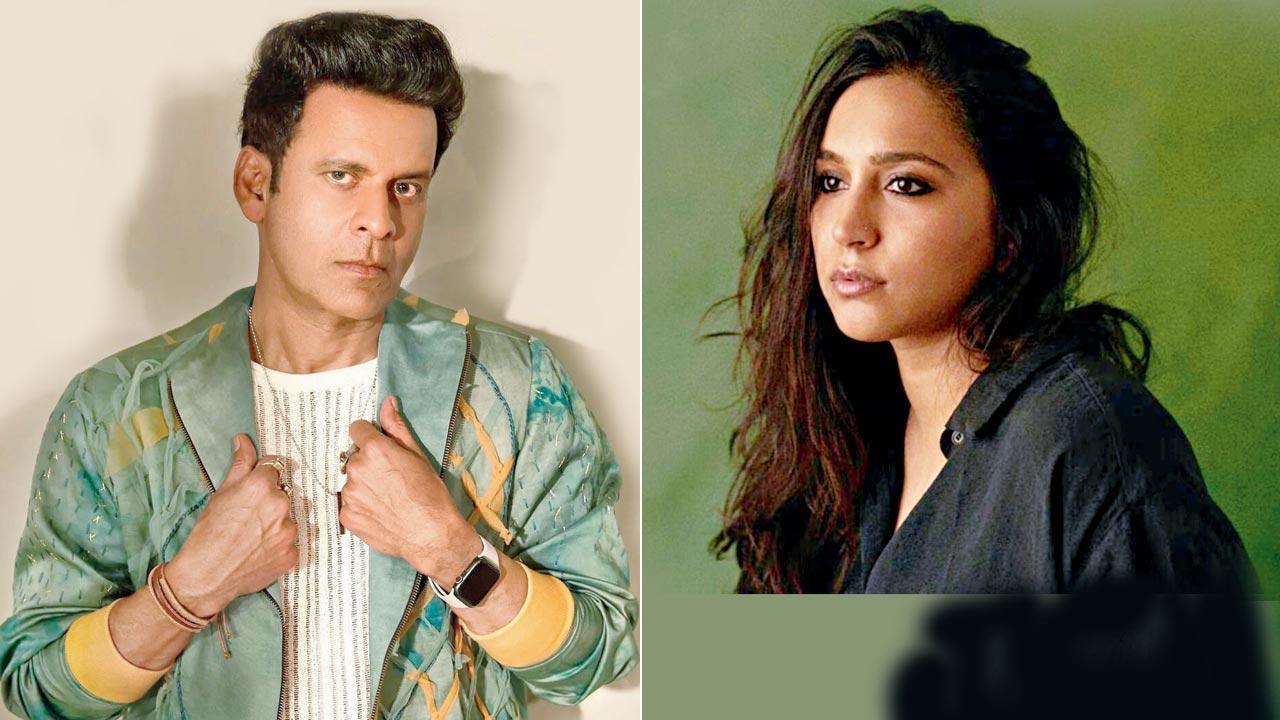
Renowned actress Zoya Hussain articulates the pressing need for Bollywood to revolutionize its portrayal of female characters. She shares why her return to the screen, featuring in the upcoming movie Bhaiyya Ji alongside Manoj Bajpayee, signifies more than just another acting gig; it represents her persistent stand against the industry’s limiting stereotypes. Hussain emphasizes the necessity for scriptwriters and casting directors to diversify their approach and steer away from traditional, simplistic depictions of women on screen.
Hussain will be starring in Bhaiyya Ji, marking a significant return since her debut in Anurag Kashyap’s Mukkabaaz and her performance alongside Saif Ali Khan in Laal Kaptaan. Her hiatus has been noted, and she attributes her return to the commendable opportunity handed to her by Apoorv Singh Karki and Manoj Bajpayee. “I was very intimidated when they called for this film. I wasn’t sure I could match his prowess. But when I met him, I realized he is very funny. This film is the rare time that I was on a set that was so happy. I really got a dream team to work with,” she shares.
Despite her compelling performance in Grahan, a much-loved Hotstar show, Hussain has faced the unfortunate branding of being “picky.” She clarifies, explaining that her career choices are not merely due to pickiness but a response to being typecast post-Mukkabaaz. “It’s not that I am so picky. I think because of Mukkabaaz, I got stereotyped. It was assumed I would only do these types of roles. I am not from Mumbai or the industry, or modeling. All my opportunities come organically. Apoorv and Manoj sir saw my film, thought I am good, and gave me a call,” she elaborates.
Hussain’s dedication to quality roles is evident in her rejection of numerous commercial films where the female characters were mere accessories. “I have turned down some commercial films because in many of those offered to me, the female character is an accessory. There was literally nothing to do. I don’t want to do such films because that’s not a narrative I wish to contribute to. I am not saying stories have to be female-oriented. But why can’t character-driven good stories come to me?” she questions.
The intriguing aspect of her role in Bhaiyya Ji remains under wraps, but Hussain promises it will be a significant departure from the “average subservient girl’s part.” The film’s setting in a small town guarantees a realistic portrayal, aligning with Hussain’s resistance to conventional and stereotyped roles.
Hussain passionately critiques the writing of female characters in Bollywood as being largely one-dimensional, either portraying them as glamorous objects or helpless victims.
. “This is a casting problem as much as writing people. When you write these characters, you look for women to fit these molds. Writing has to be diverse. For decades we serve the male gaze where the protagonist is a man, ensemble of men and the women are thrown in as an afterthought. They are not well-rounded characters. Now we have an attempt to have more female characters but now we are falling into the opposite trope and now we have stereotyped the independent woman,” she states. Hussain points out that modern portrayals often fail to capture the complexity of independent women, reducing them to superficial attributes like smoking and drinking, ignoring that rebellion can also stem from conservative values.
Personal struggles have also played a significant role in shaping her career trajectory. The timing of her work releases during the Covid-19 pandemic caused much of it to go unnoticed. Hussain notes the advantages often enjoyed by those with a background in modeling or industry connections, acknowledging how their visibility contrasts with her less prominent entry. “I didn’t make a big splash because all my work came out in Covid. I feel it all fell under the radar. It is taking a little longer than it takes for people who have a modeling background or industry support. They are more visible. It is tough to stay happy and motivated,” she admits.
Casting biases also proved to be a formidable challenge, with early feedback suggesting she’d be limited to indie films due to her physical appearance. “A woman studio head told me in my first year – you are dusky, you are curvy, you’ll be in indie type movies. It still makes me angry. Most actresses are tall and thin. In our industry – color or size inclusion is still in its tokenist phase. That has to change,” she reflects.
Despite these hurdles, Hussain remains staunch in her refusal to alter herself to fit industry norms, choosing instead to focus on her craft. Her recent collaboration with Manoj Bajpayee in Bhaiyya Ji stands as a testament to her talent and perseverance. “Now I am working alongside Manoj Bajpayee, and it is a reaffirmation that I am talented enough to work with him. Working with him helped my career, my confidence, and my craft,” she concludes.
Hussain’s narrative underscores the pressing need for a paradigm shift in Bollywood, promoting nuanced, multifaceted representations of female characters that transcend outdated stereotypes.












